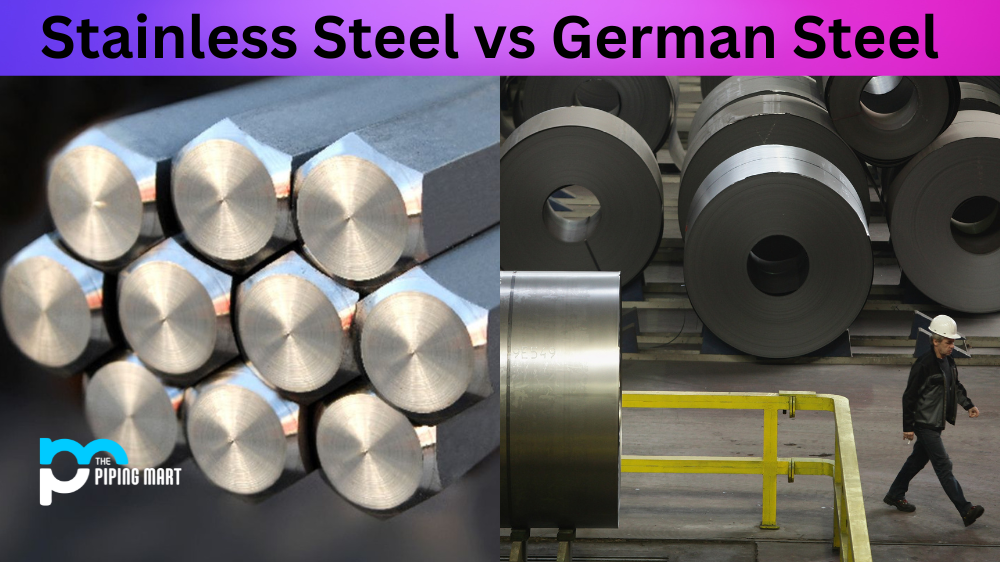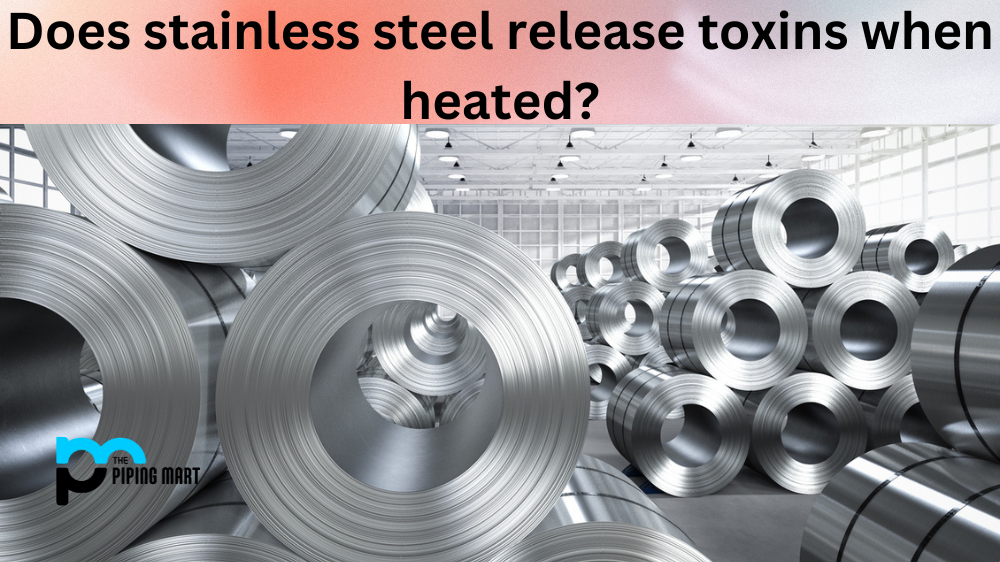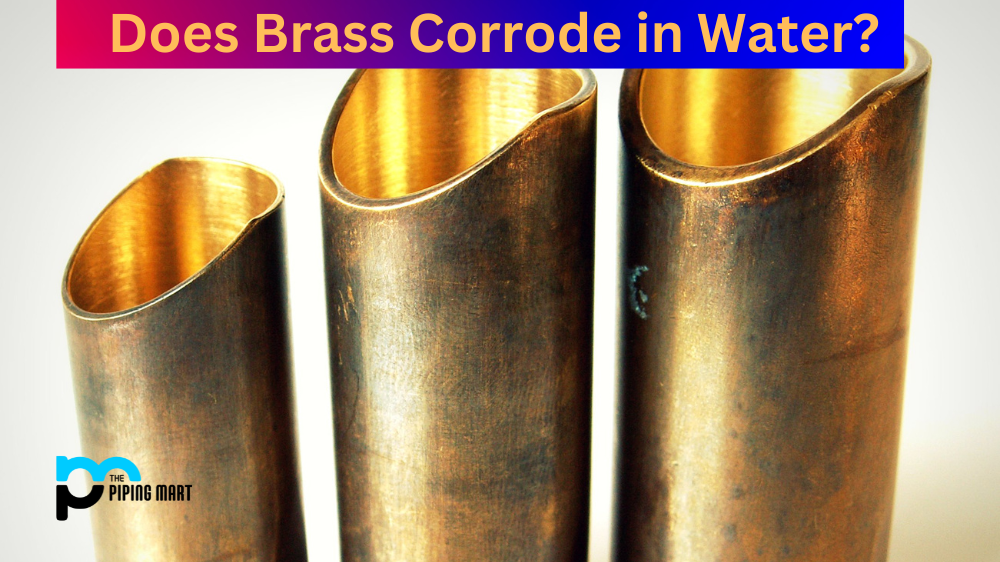RoHS compliance is an essential factor to consider when purchasing products that contain certain metals, such as stainless steel. Many people are unsure what “RoHS compliant” means and if the stainless steel is compliant. In this blog post, we will discuss the meaning of RoHS compliance and its importance in product purchases and answer the question – is stainless steel RoHS compliant?
What Does RoHS Compliance Mean?
RoHS stands for Restriction of Hazardous Substances. A European Union directive restricts the use of hazardous materials in electronic and electrical equipment. The directive came into effect in 2003 and applies to products sold within the EU. Products must meet specific requirements before they are considered RoHS compliant.
Importance of RoHS Compliance
Consumers must purchase products that meet the requirements mandated by the EU’s RoHS directive. Not only does this ensure that the product does not contain any hazardous substances, but it also ensures that it meets all safety standards set forth by the EU. By purchasing a RoHS-compliant product, you can rest assured that it has been thoroughly tested and is safe to use.
Is Stainless Steel RoHS Compliant?
The good news is that stainless steel is considered RoHS-compliant! This means that if you purchase a product made from stainless steel, you can be sure that it meets all requirements outlined by the EU’s RoHS directive. However, not all types of stainless steel are created equal; some may contain trace amounts of hazardous substances and thus not be considered fully compliant with the EU’s regulations. To ensure your product meets all safety requirements, ensure it comes from a reputable source and has been tested for compliance with all applicable regulations before making your purchase.
Conclusion:
When shopping for products made from metals such as stainless steel, it’s `essential to make sure they are RoHS compliant – otherwise, you could be putting yourself at risk! Thankfully, most types of stainless steel meet these requirements and are therefore considered safe for use in electronic or electrical equipment sold within the EU. However, always take extra precautions when making a purchase by ensuring your product comes from a reliable source. It has been tested for compliance with applicable regulations before making your purchase! That way, you can rest assured knowing your purchase was completed safely and responsibly!
Meet Heer, a dynamic and driven writer learning tricks of her trade in the metal industry. With a background in Digital Marketing, Heer brings a unique perspective to her writing, sharing valuable insights. Apart from blogging she like reading and hiking.




